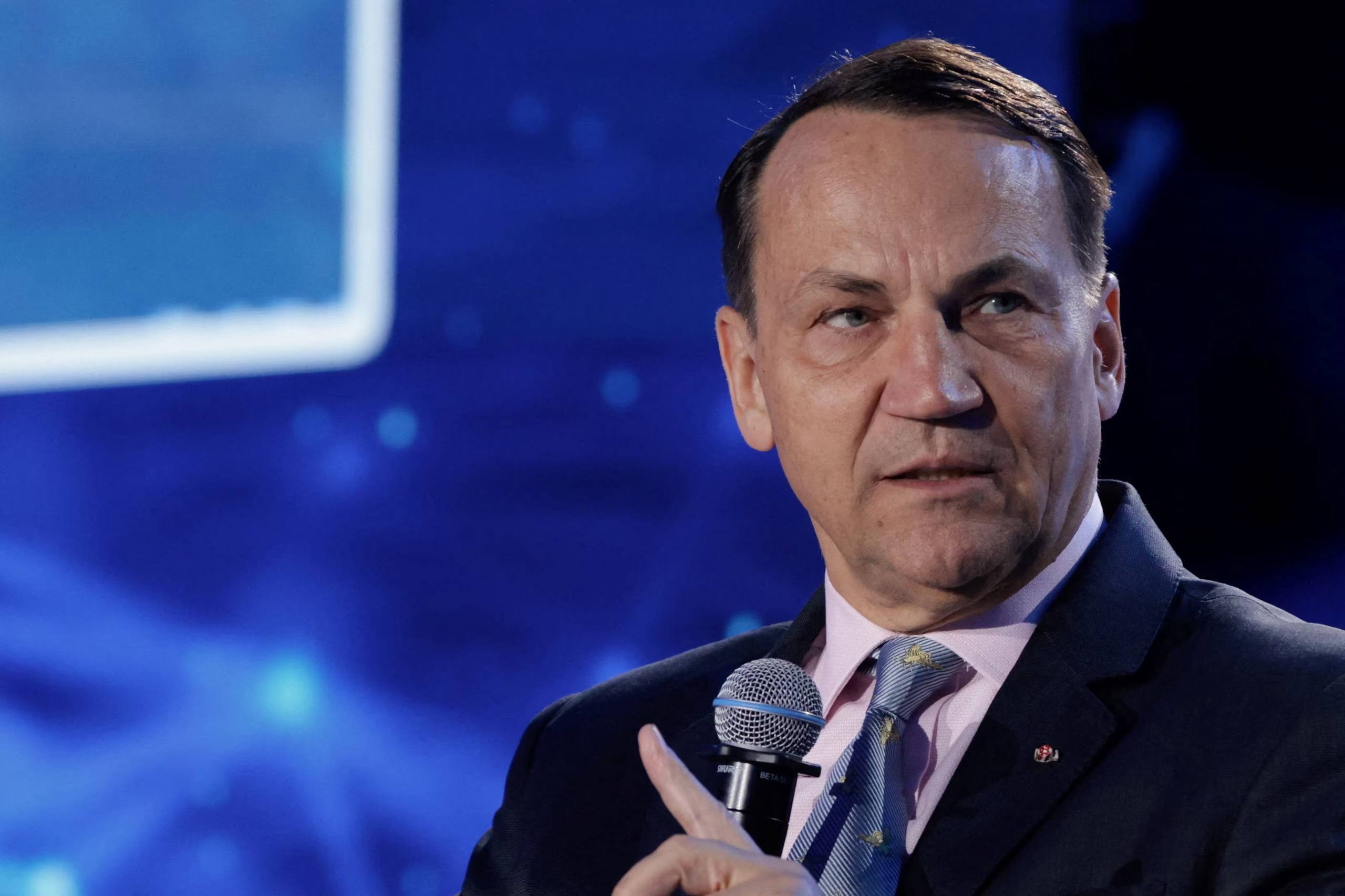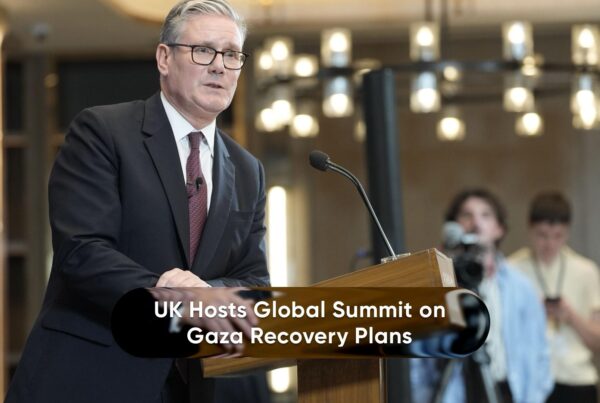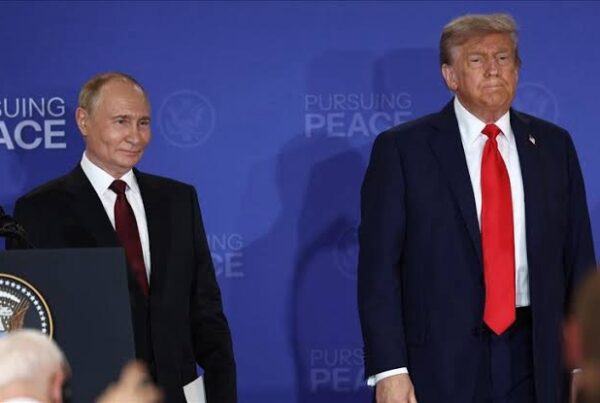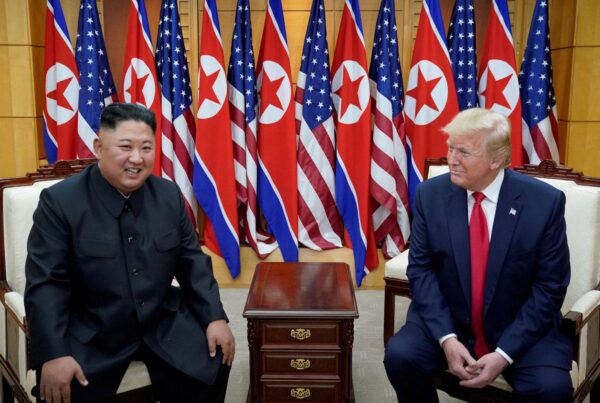Poland warns Vladimir Putin not to enter its airspace as security tensions heighten before Donald Trump’s visit to Europe. The Polish Ministry of Defense issued a firm statement, underscoring that any unauthorized flight from Russia would be viewed as a direct provocation under NATO’s collective defense framework.
The warning comes just days before a planned summit between the United States and Russia in Budapest, an event already viewed as a diplomatic flashpoint amid the ongoing conflict in Ukraine. Warsaw’s message adds another layer of geopolitical sensitivity, reflecting how deeply European nations remain wary of Moscow’s military maneuvers.
Poland’s Firm Stance Reflects NATO’s Anxiety
For Poland, this is more than a matter of territorial sovereignty. It is a signal to both allies and adversaries that NATO’s eastern flank will not tolerate any breaches. The Polish government emphasized that its radar and air defense systems are on high alert and ready to respond to any incursions.
Officials described the statement as “preventive diplomacy” meant to deter potential intimidation tactics by Moscow. Yet, observers note that Poland’s strong rhetoric also serves as reassurance to Washington ahead of Trump’s visit. The country has long positioned itself as a key U.S. ally in Eastern Europe and a frontline member of NATO’s defense network.
Airspace Control and International Law
Airspace violations are not merely technical infractions. They touch on international law and sovereign integrity. Under the Chicago Convention on International Civil Aviation, every state holds absolute sovereignty over its airspace. Any unauthorized entry could trigger diplomatic escalation or even military response if deemed hostile.
In the context of Russia’s actions since the invasion of Ukraine, such incidents carry heightened risk. Analysts at the European Security Council warn that even minor airspace provocations could spiral into broader confrontations if misinterpreted during high-stakes diplomatic events like the upcoming Trump–Putin summit.
Trump’s Visit and the Strategic Landscape
Donald Trump’s upcoming visit to Europe adds further complexity. Although the former U.S. president is no longer in office, his movements and meetings still carry symbolic weight in global politics. His previous relationship with both NATO and Russia has been a topic of debate across Western capitals.
Polish officials reportedly coordinated with U.S. security teams to ensure a “controlled and secure” visit, particularly given that Trump may also attend informal talks with European leaders about the future of transatlantic relations. The visit, coinciding with renewed discussions over Ukraine’s defense, magnifies the diplomatic significance of Poland’s warning.
Russia’s Silence and Global Reactions
So far, the Kremlin has not issued an official response. Russian state media have, however, framed Poland’s statement as “provocative” and accused Warsaw of “fueling Western hysteria.” Despite the rhetoric, intelligence reports suggest that Russia has recently adjusted some of its military flight patterns in Eastern Europe an indication that Warsaw’s message may have been received seriously.
European Union officials have expressed cautious support for Poland’s stance, emphasizing that member states have the right to defend their borders. NATO representatives, meanwhile, reiterated that the alliance would respond collectively to any infringement on a member state’s sovereignty.
Historical Context: Poland’s Geopolitical Sensitivity
Poland’s position on Russian aggression is shaped by history. The country has long been wary of Moscow’s ambitions since the Cold War era. The 2010 Smolensk air disaster, in which a Polish presidential plane crashed in Russia, remains a deeply emotional reminder of the fragile nature of Polish-Russian relations.
In recent years, Poland has accelerated its defense modernization program, purchasing U.S. fighter jets, missile systems, and surveillance technology. This modernization reflects a broader trend within NATO to fortify its eastern borders amid increasing Russian assertiveness.
Implications for NATO and Regional Security
The warning also highlights the ongoing recalibration of NATO’s strategic posture in Europe. After years of focusing on counterterrorism, the alliance has returned to its traditional mission of collective defense. Poland’s statement reinforces this shift, reminding allies that the security challenges of the 21st century still echo the power politics of the past.
If any airspace incident occurs during Trump’s visit or the Budapest summit, NATO’s response could set a defining precedent. Analysts suggest that maintaining restraint and clear communication channels will be crucial to avoid unnecessary escalation.
The Budapest Summit: A Test of Diplomacy
The upcoming meeting between U.S. and Russian delegations in Budapest is expected to address several key issues: the war in Ukraine, European energy stability, and the future of strategic arms control. However, the tone of pre-summit exchanges suggests a fragile diplomatic environment.
European diplomats privately admit that the airspace issue could overshadow the summit’s agenda if not managed carefully. “Even symbolic provocations can derail progress,” one senior EU official told Olam News. “This is a moment where precision in communication matters as much as military readiness.”
Global Markets and Investor Reactions
Geopolitical risks have already begun to ripple through global markets. The euro slipped slightly against the dollar following Poland’s announcement, while defense-related stocks in Europe saw mild gains. Market analysts say investors are becoming increasingly sensitive to political instability in Eastern Europe, especially when it involves NATO-Russia tensions.
Meanwhile, energy traders are monitoring potential supply disruptions, given that Poland serves as a key transit route for gas pipelines and logistics networks connecting Europe with non-Russian suppliers.
Outlook: A Region on Edge
As Trump’s visit nears and the Budapest summit approaches, European leaders are striving to balance deterrence with diplomacy. Poland’s warning encapsulates the delicate line NATO must walk asserting strength without provoking unnecessary confrontation.
Observers agree that the situation underscores the broader challenge facing Europe today: maintaining security and sovereignty while avoiding a return to Cold War-style brinkmanship.
In the end, Poland’s message to Putin is clear: European skies are not open for intimidation. The next few days will reveal whether that warning will hold firm or mark the beginning of a new phase in East-West tensions.






